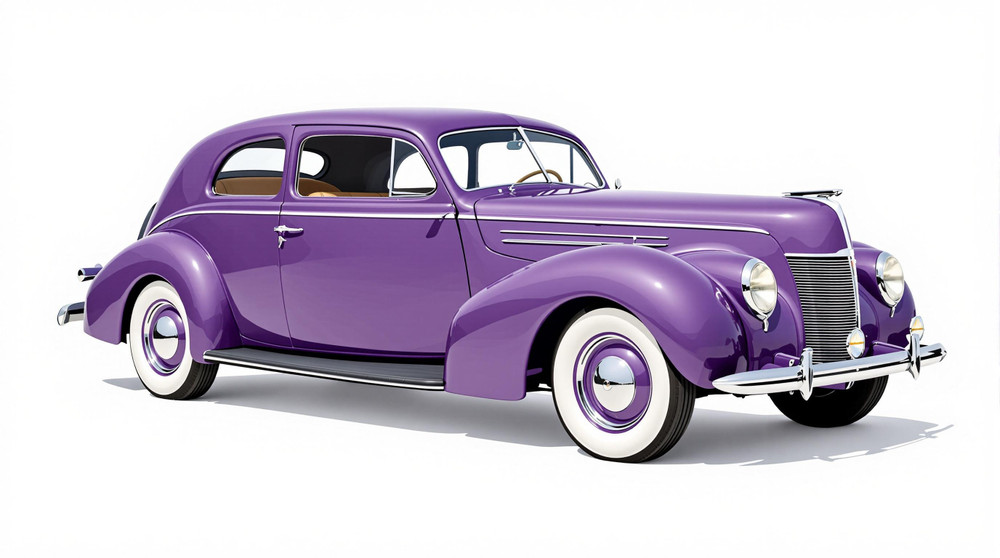Image of 1938 Lincoln Zephyr, Note: These illustrations use artistic license and may differ from actual historical models.
Performance Metrics
Fundamental Metrics
Emotional Appeal
MMP Rating
| Engine Specifications | |
|---|---|
| Engine: | V12 |
| Displacement: | 267 cubic inches |
| Horsepower: | Estimated 110-120 HP |
| Torque: | 200 lb-ft |
| Compression Ratio: | Estimated 7.2:1 |
| Ignition System: | Coil and distributor |
| Cooling System: | Liquid-cooled |
| Performance Specifications | |
| 0-60 Time: | Estimated 15 seconds |
| 1/4 Mile Time: | Not available |
| Top Speed: | 90 mph |
| Transmission and Drive | |
| Drive Type: | Rear-wheel drive |
| Transmission Type: | 3-speed manual |
| Fuel and Efficiency | |
| Fuel System Type: | Carburetor |
| MPG: | Estimated 15-18 mpg |
| Dimensions and Brakes | |
| Brakes: | Drum brakes |
| Wheelbase: | 125 inches |
| Weight: | Estimated 3,600 lbs |
Note: Specifications for classic cars are given to the best of our ability, considering the limited and variant data available.
Unveiling the Elegance of the 1938 Lincoln Zephyr
The 1938 Lincoln Zephyr stands as a testament to the era's artistry and engineering prowess. Birthed by the luxury division of the Ford Motor Company, this vehicle emerged during a time when the world was on the cusp of monumental change. The Zephyr's streamlined form broke free from the boxy conventions of its time, setting a new standard in automotive design. A notable moment in its history was when it became one of the earliest cars to be shaped under the influence of aerodynamics, which was a groundbreaking approach back then.
Design and Innovation
With its sleek contours and teardrop silhouette, the Zephyr's exterior styling was nothing short of revolutionary. The car's prow-like grille and fender lines that swept back into flowing rear contours were more than just visually appealing; they were aerodynamically efficient. Inside, occupants were greeted with an opulence that only a Lincoln could offer: plush fabrics, rich wood trim, and an attention to detail that exuded luxury. Technological features such as a radio, heater, and even a clock were considered cutting-edge at the time. While color options varied, hues like Capri Blue Metallic and Coach Maroon were among the popular choices that accentuated its curves. The Zephyr came in several body styles including sedans, coupes, and convertibles, with the three-window coupe being particularly iconic.
Historical Significance
The Lincoln Zephyr's impact on automotive design was profound. It not only introduced streamlining into car aesthetics but also influenced future designs with its focus on form and function. Its V-12 engine was an engineering marvel that set it apart from most contemporaries, and its legacy can be seen in subsequent models for decades to come.
Performance and Handling
Underneath its hood lay a 267 cubic inch V-12 engine that propelled the Zephyr to respectable speeds for its time. Although exact figures for top speed and acceleration are scarce due to the era's testing limitations, it was known for smooth cruising capabilities. The Zephyr handled with grace over various terrains, absorbing bumps with ease while maintaining composure on windy roads. Driving this classic was an auditory delight as well; the hum of its V-12 engine provided an unmistakable soundtrack to an elegant ride.
Ownership Experience
The 1938 Lincoln Zephyr found its place among a diverse group of owners, serving as a daily driver for some while others cherished it as a show car or even raced it. Maintenance could be challenging due to the complexity of its V-12 engine and scarcity of parts over time; however, dedicated enthusiasts found ways to keep these machines running smoothly.
Fun Facts
The Zephyr has graced many collections over time, including those of celebrities and influential figures. While not known for breaking speed records, it did set benchmarks in design and luxury. It has made appearances in films and has been part of significant historical events. Common criticisms often revolved around mechanical complexities and costliness to maintain.
Collector's Information
Today, a well-preserved 1938 Lincoln Zephyr can fetch a handsome sum in the collector's market. Estimates suggest that thousands were produced across all body styles; however, surviving examples are considerably rarer. Values have generally appreciated over time due to their iconic status and historical importance. Depending on condition and originality, these vehicles can command prices ranging from mid-five figures up to several hundred thousand dollars.
Conclusion
The 1938 Lincoln Zephyr is more than just an automobile; it is a rolling sculpture that embodies the spirit of innovation from an era long passed. Its influence on automotive design is undeniable, leaving an indelible mark on history that continues to captivate collectors and enthusiasts alike.
1938 Lincoln Zephyr Catalog of Parts
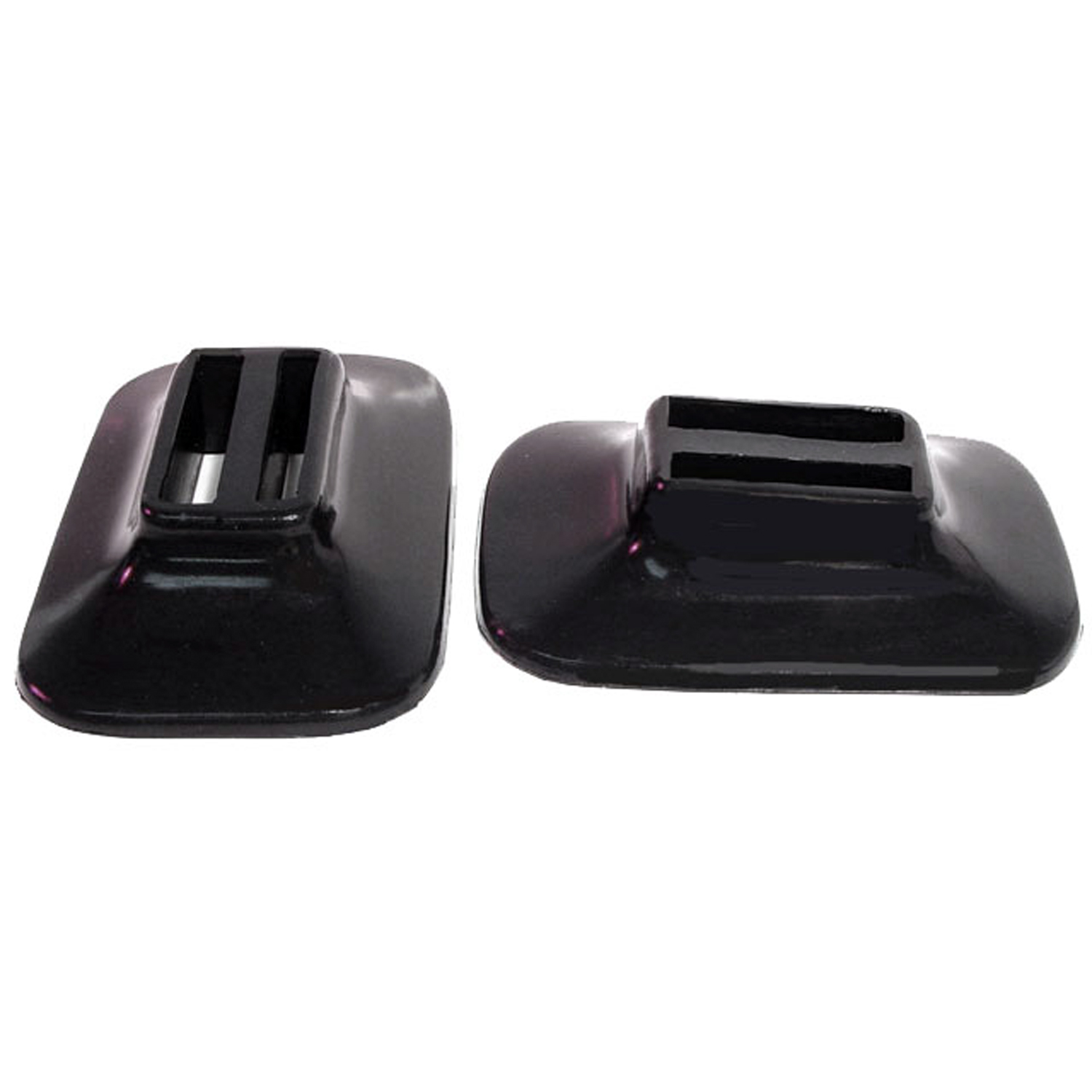 1938 Lincoln Zephyr Rear Bumper Arm Grommets-BG 102Rear Bumper Arm Grommets. 4-1/4" long X 2-7/8" wide, with 1-3/4" long inner slot. Pair
1938 Lincoln Zephyr Rear Bumper Arm Grommets-BG 102Rear Bumper Arm Grommets. 4-1/4" long X 2-7/8" wide, with 1-3/4" long inner slot. Pair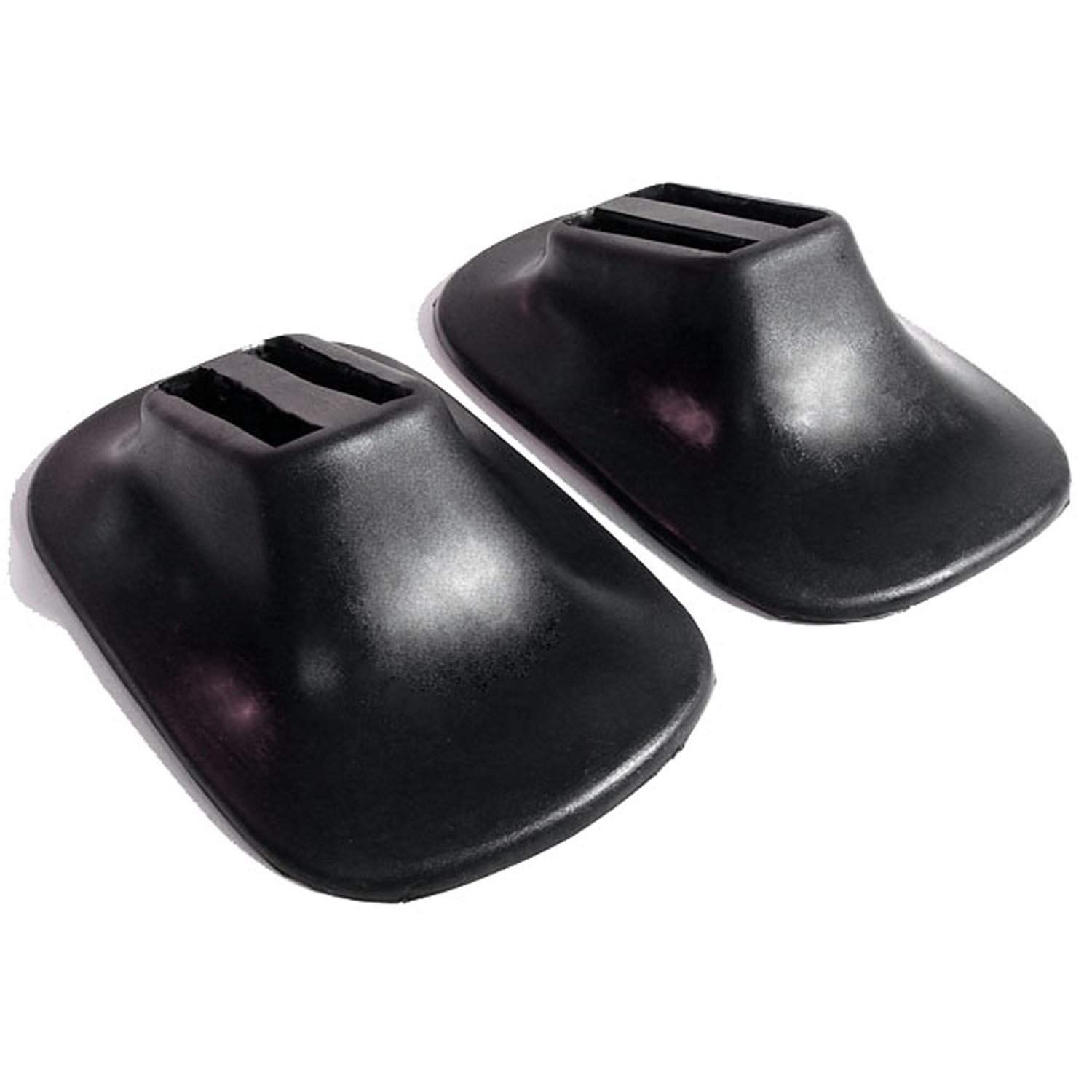 1938 Lincoln Zephyr Front Bumper Arm Grommets-BG 103Front Bumper Arm Grommets. 4-1/4" long X 3" wide, with 1-1/2" long inner slot. Pair
1938 Lincoln Zephyr Front Bumper Arm Grommets-BG 103Front Bumper Arm Grommets. 4-1/4" long X 3" wide, with 1-1/2" long inner slot. Pair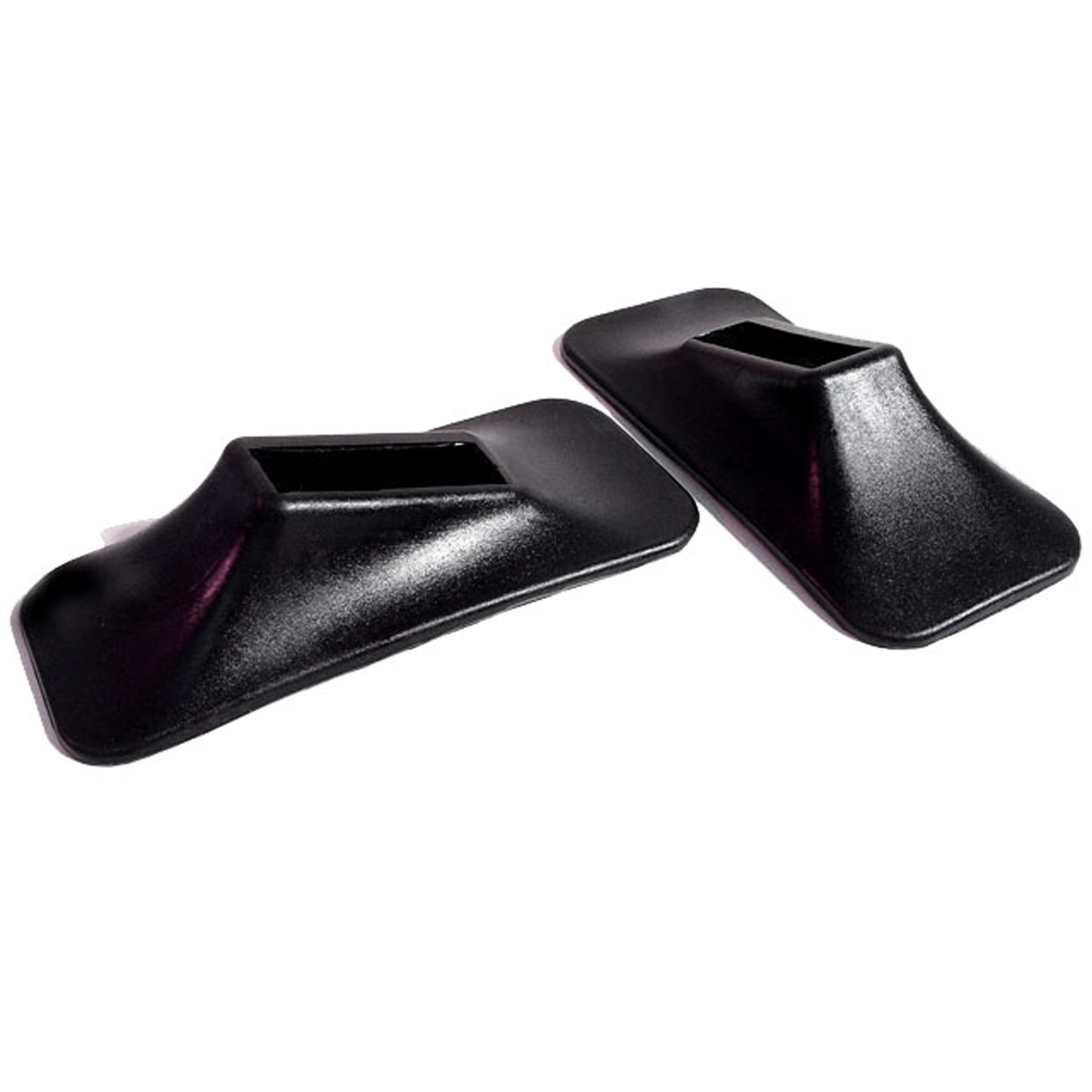 1938 Lincoln Zephyr Front Bumper Arm Grommets-BG 47Front Bumper Arm Grommets. 2" wide X 4-1/2" long, with 1-3/4" long inner slot. Pair
1938 Lincoln Zephyr Front Bumper Arm Grommets-BG 47Front Bumper Arm Grommets. 2" wide X 4-1/2" long, with 1-3/4" long inner slot. Pair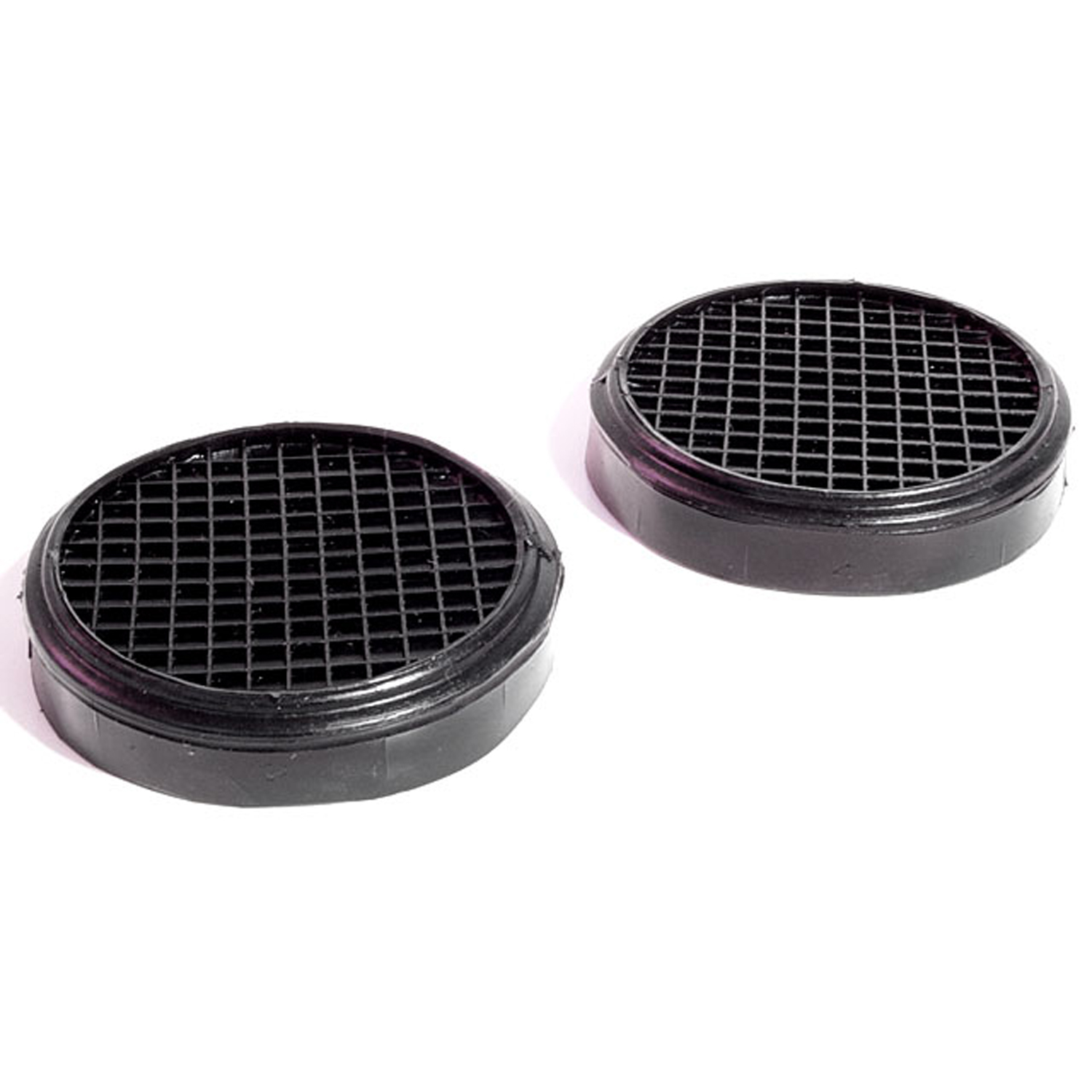 1938 Lincoln Zephyr Clutch and Brake Pedal Pads. 3-1/2" Diameter. Pair-CB 62Clutch and Brake Pedal Pads. 3-1/2" Diameter. Pair
1938 Lincoln Zephyr Clutch and Brake Pedal Pads. 3-1/2" Diameter. Pair-CB 62Clutch and Brake Pedal Pads. 3-1/2" Diameter. Pair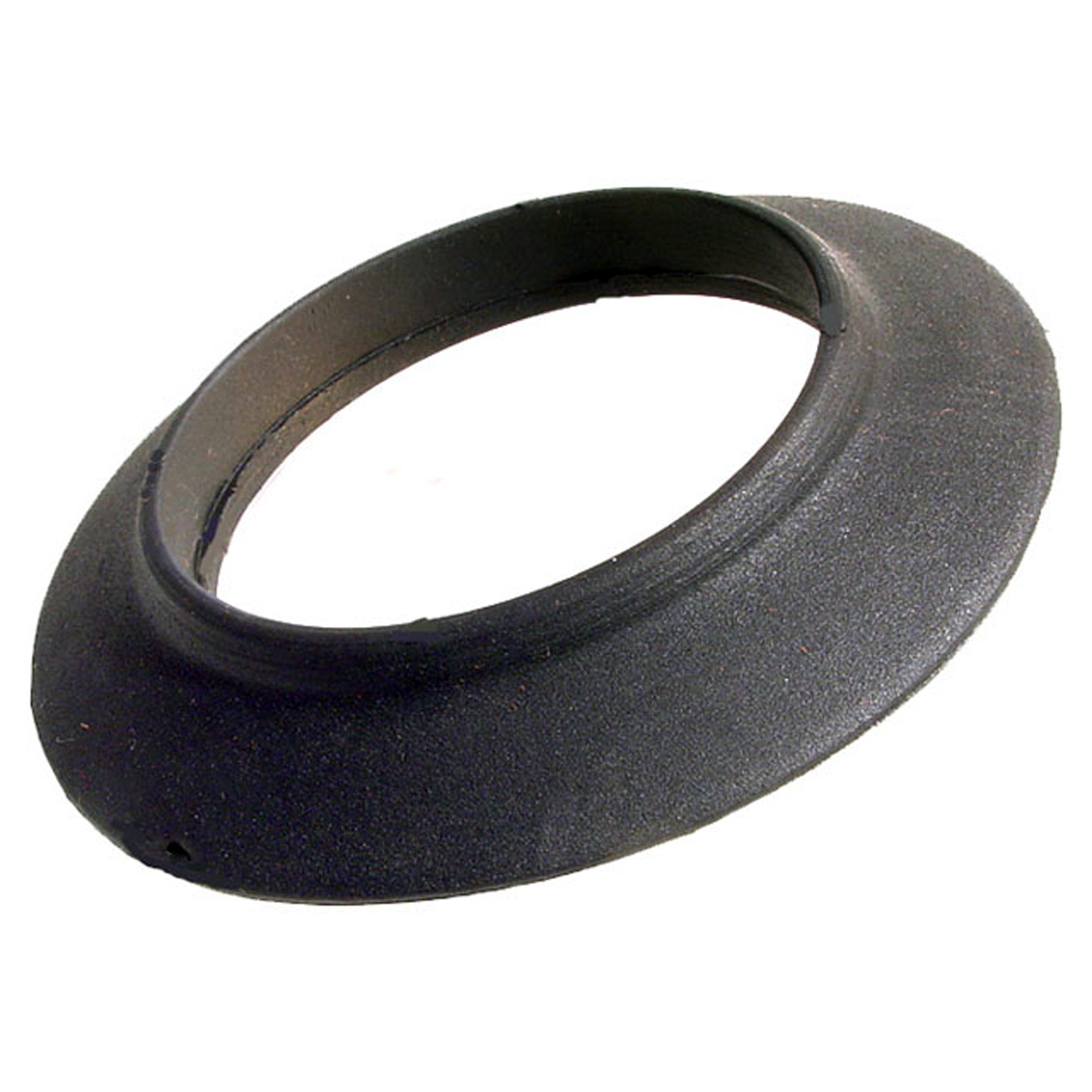 1938 Lincoln Zephyr Gas Filler Grommet. 2-1/2" I.D., 4-1/8" O.D. Each-GF 24Gas Filler Grommet. 2-1/2" I.D., 4-1/8" O.D. Each
1938 Lincoln Zephyr Gas Filler Grommet. 2-1/2" I.D., 4-1/8" O.D. Each-GF 24Gas Filler Grommet. 2-1/2" I.D., 4-1/8" O.D. Each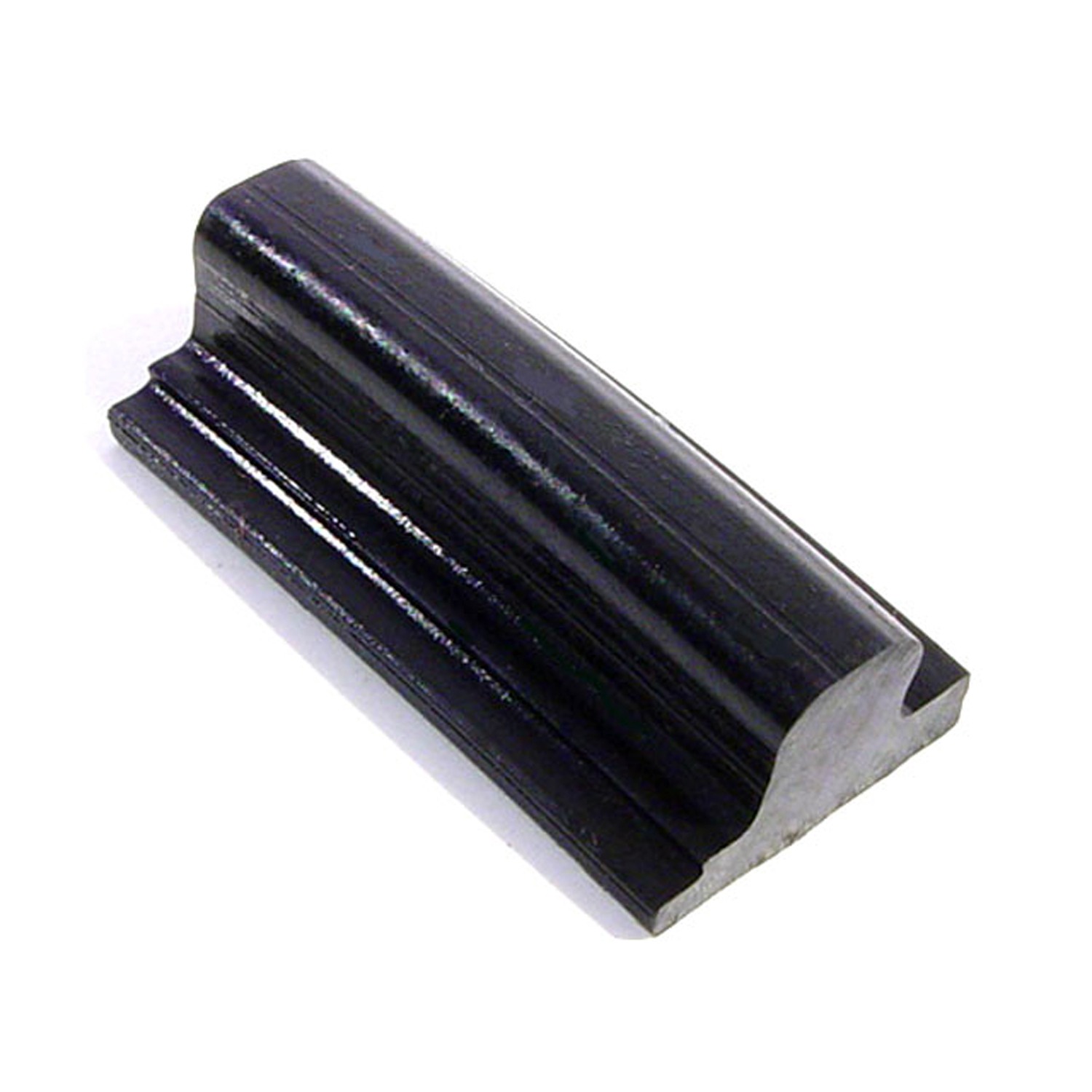 1938 Lincoln Zephyr Hood Bumper. 1-9/16" long X 3/4" wide X 1/2" high-HF 44-BHood Bumper. 1-9/16" long X 3/4" wide X 1/2" high. Nice reproduction of a previously unavailable part. Each
1938 Lincoln Zephyr Hood Bumper. 1-9/16" long X 3/4" wide X 1/2" high-HF 44-BHood Bumper. 1-9/16" long X 3/4" wide X 1/2" high. Nice reproduction of a previously unavailable part. Each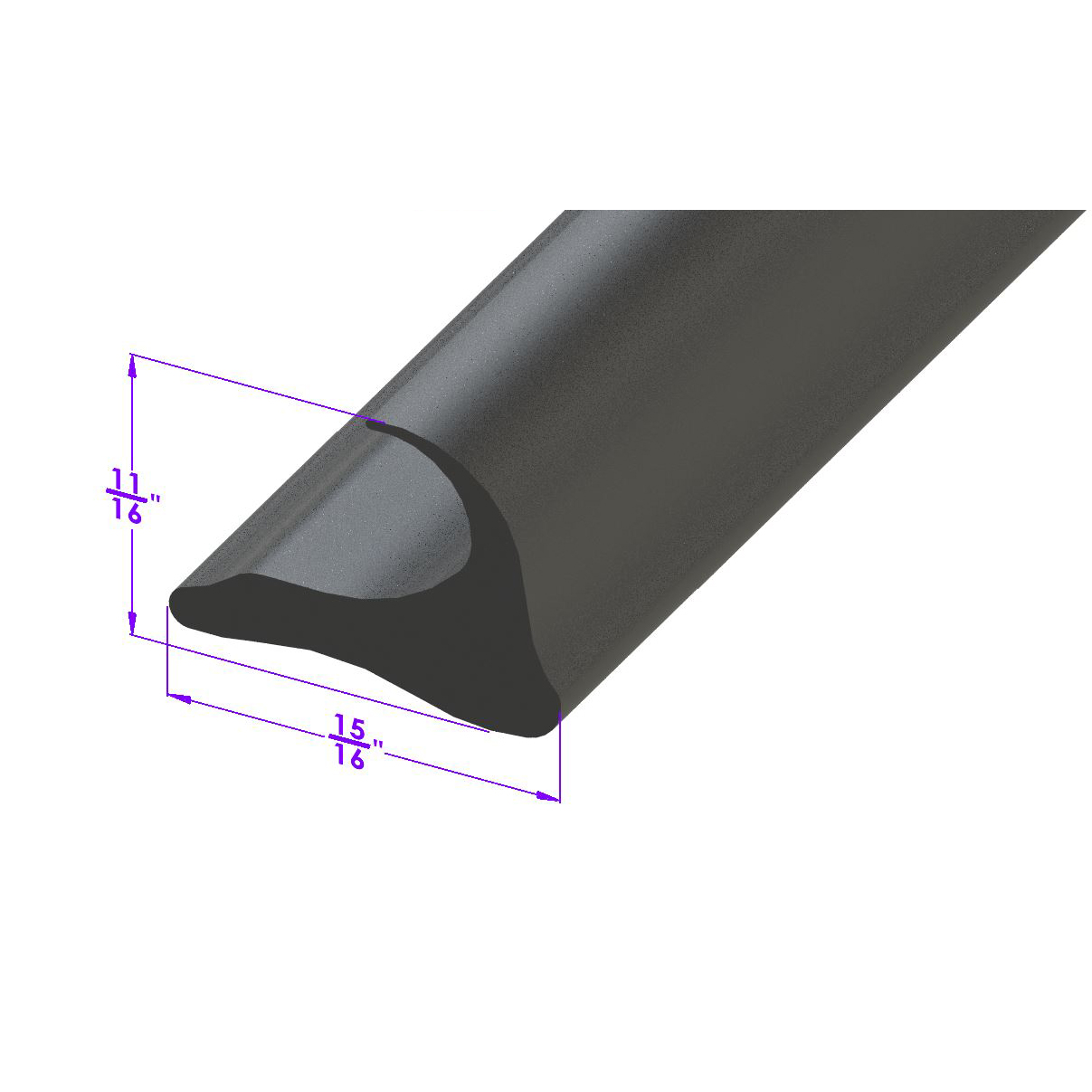 1938 Lincoln Zephyr Side Roof Rail Seal. Fits in metal retainer-LP 12-ASide Roof Rail Seal. Fits in metal retainer. Sold by the foot
1938 Lincoln Zephyr Side Roof Rail Seal. Fits in metal retainer-LP 12-ASide Roof Rail Seal. Fits in metal retainer. Sold by the foot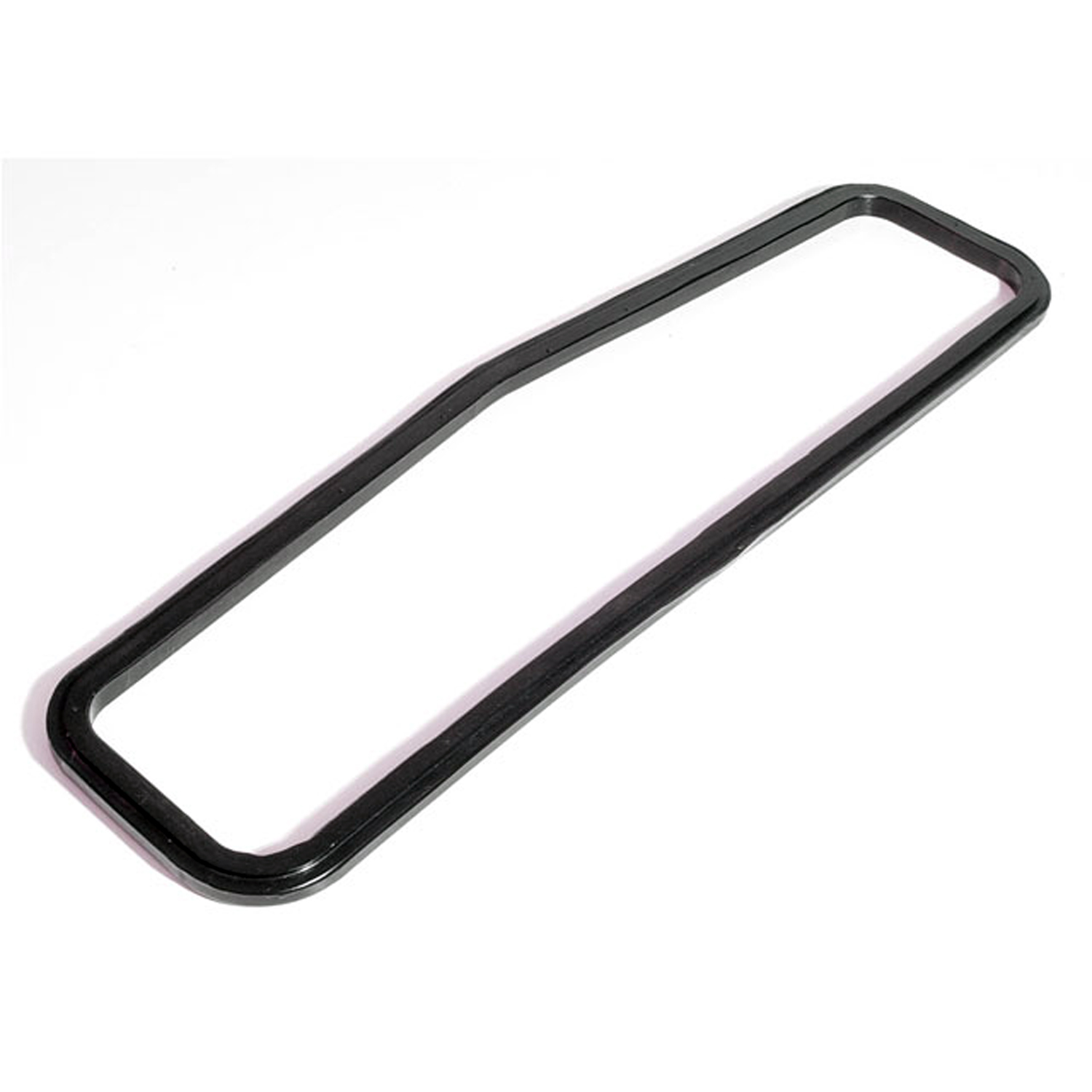 1938 Lincoln Zephyr Cowl Vent Seal. Made of soft rubber. All original details-RP 100-RCowl Vent Seal. Made of soft rubber. All original details. 4-3/8" wide at side X 17-5/8" long. Each
1938 Lincoln Zephyr Cowl Vent Seal. Made of soft rubber. All original details-RP 100-RCowl Vent Seal. Made of soft rubber. All original details. 4-3/8" wide at side X 17-5/8" long. Each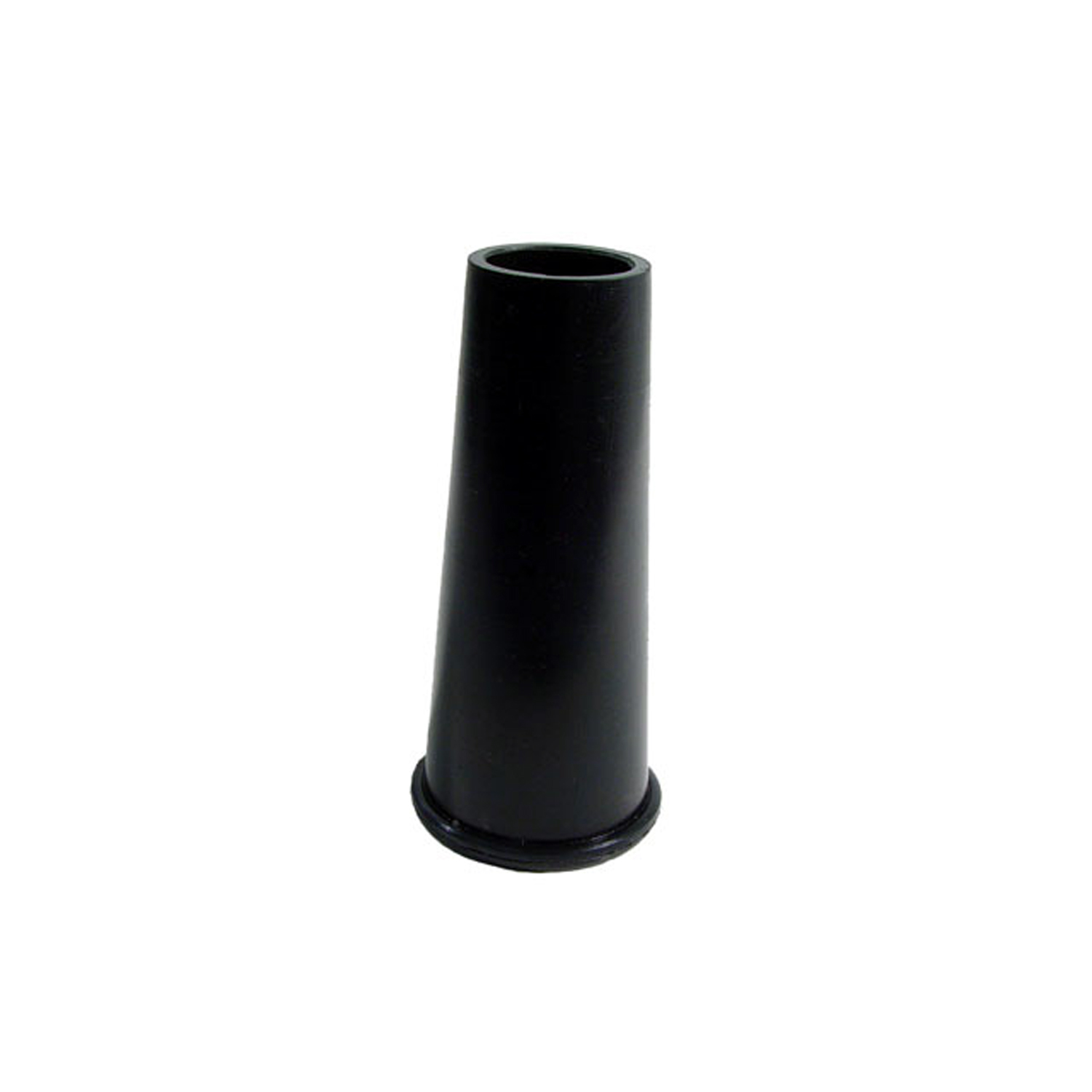 1938 Lincoln Zephyr Distributor Ignition Boot. 3-1/8", 1-1/4" O.D., 3/4" I.D-SM 65-DDistributor Ignition Boot. 3-1/8", 1-1/4" O.D., 3/4" I.D. Each
1938 Lincoln Zephyr Distributor Ignition Boot. 3-1/8", 1-1/4" O.D., 3/4" I.D-SM 65-DDistributor Ignition Boot. 3-1/8", 1-1/4" O.D., 3/4" I.D. Each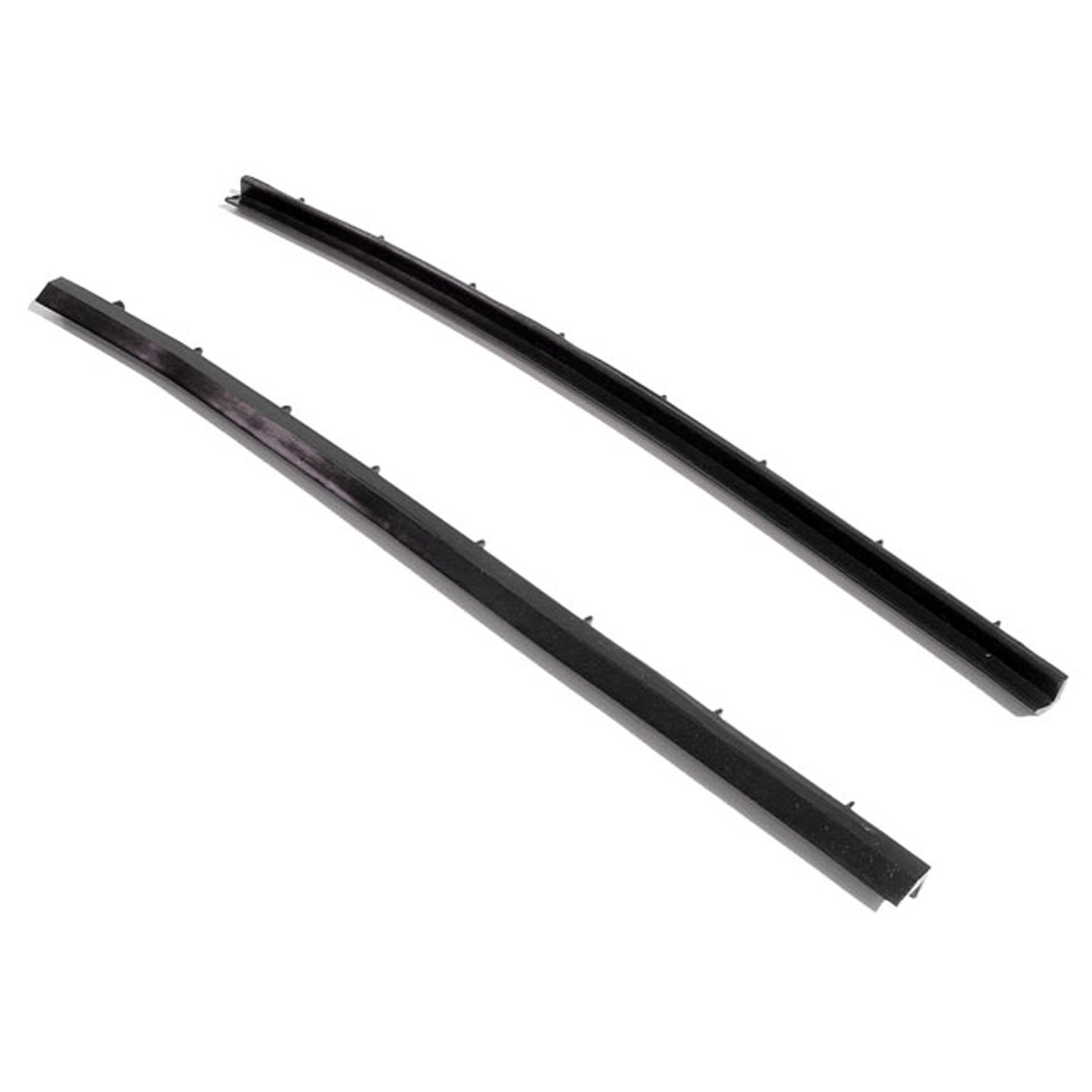 1938 Lincoln Zephyr Vertical Seals for Front Vent Window-VS 6-CVertical Seals for Front Vent Window. Made with steel core and bend-over tab. Pair
1938 Lincoln Zephyr Vertical Seals for Front Vent Window-VS 6-CVertical Seals for Front Vent Window. Made with steel core and bend-over tab. Pair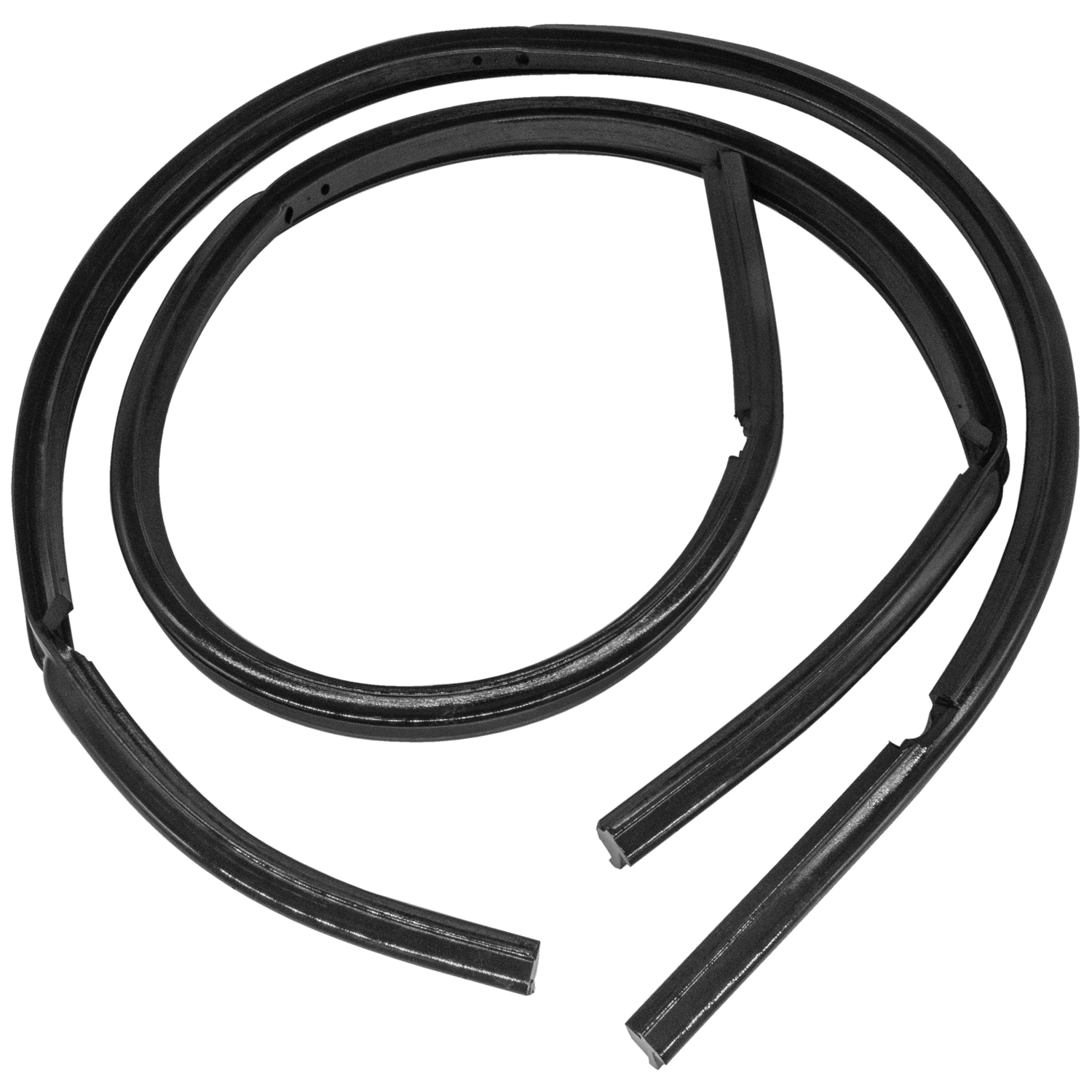 1938 Lincoln Zephyr Rear Vent Window Seals, for 4-Door Sedans. Pair R&L-WR 5909-RRear Vent Window Seals, for 4-Door Sedans. Pair R&L
1938 Lincoln Zephyr Rear Vent Window Seals, for 4-Door Sedans. Pair R&L-WR 5909-RRear Vent Window Seals, for 4-Door Sedans. Pair R&LWhy Choose Metro?
For over 100 years, Metro Moulded Parts has been the pinnacle of quality in classic car restoration parts. Our commitment to precision and authenticity in every component ensures a perfect fit and an OEM-level appearance.
- Expert Craftsmanship & Quality: Each part is a testament to our dedication to reliability and perfection, crafted from original designs and thoroughly tested.
- Advanced Technology: We use cutting-edge techniques to create flawless, long-lasting parts that surpass others in performance.
- SuperSoft Sponge – The Ultimate Door Seal: Not only are our door seals 30% softer than competitors', but they're also guaranteed to never leak. They effectively reduce wind and road noise, enhancing your classic car's comfort and driving experience.
- Proudly American: Our parts are a product of American craftsmanship, made in the USA with a spirit of excellence and heritage.
- Unrivaled Warranty: We back our products with a 30-year industry-leading warranty, a testament to our confidence in their quality.
Join us in preserving the legacy of classic cars with parts that are crafted for perfection, not just made.

